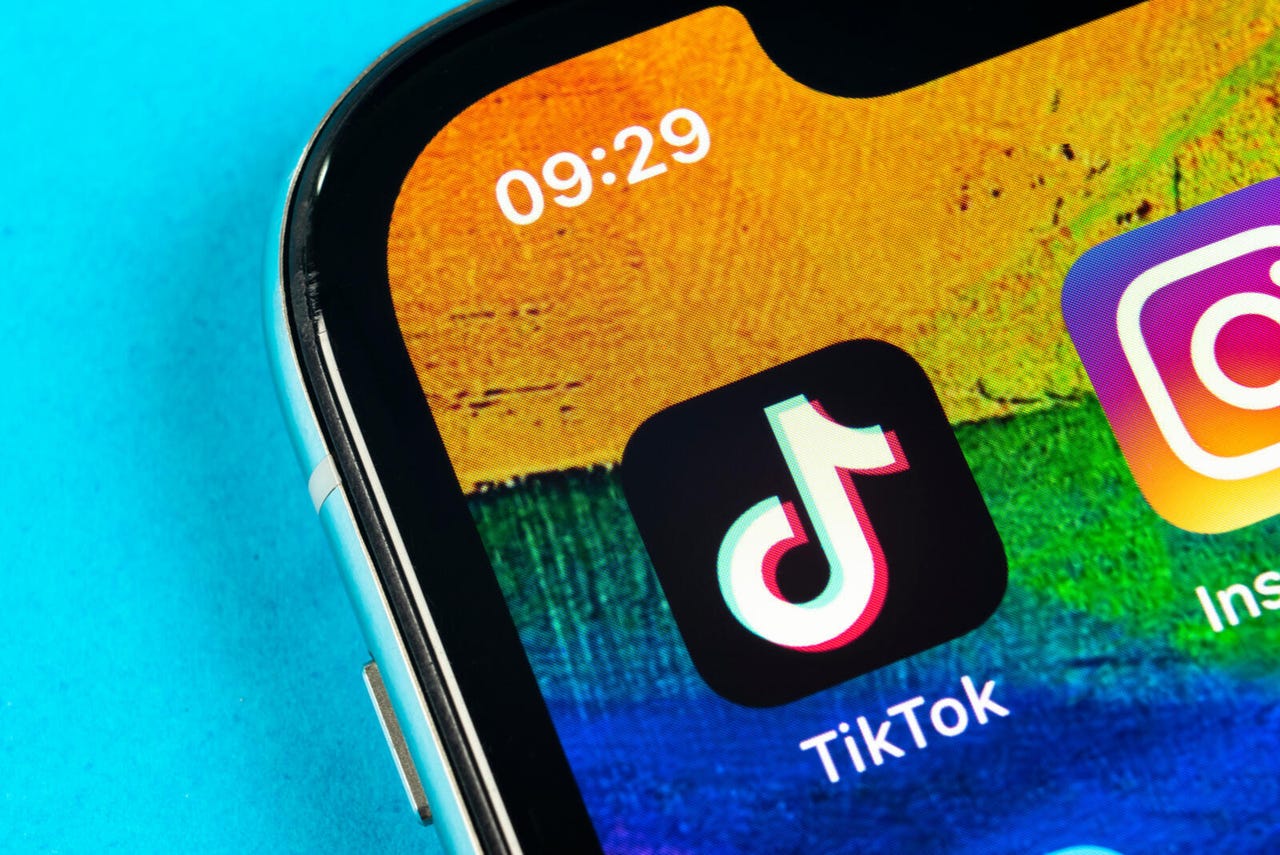'ZDNET Recommends': What exactly does it mean?
ZDNET's recommendations are based on many hours of testing, research, and comparison shopping. We gather data from the best available sources, including vendor and retailer listings as well as other relevant and independent reviews sites. And we pore over customer reviews to find out what matters to real people who already own and use the products and services we’re assessing.
When you click through from our site to a retailer and buy a product or service, we may earn affiliate commissions. This helps support our work, but does not affect what we cover or how, and it does not affect the price you pay. Neither ZDNET nor the author are compensated for these independent reviews. Indeed, we follow strict guidelines that ensure our editorial content is never influenced by advertisers.
ZDNET's editorial team writes on behalf of you, our reader. Our goal is to deliver the most accurate information and the most knowledgeable advice possible in order to help you make smarter buying decisions on tech gear and a wide array of products and services. Our editors thoroughly review and fact-check every article to ensure that our content meets the highest standards. If we have made an error or published misleading information, we will correct or clarify the article. If you see inaccuracies in our content, please report the mistake via this form.
Federal and state governments across the West are banning TikTok. Here's why.


The US has had a particularly rocky relationship with TikTok and its parent company ByteDance, which is headquartered in Beijing. In 2020, former president Donald Trump proposed ByteDance sell parts of its company to Microsoft, under the presumption that if an American company controlled TikTok, it would be less of a security concern for the US and other countries.
By late last year, the US Congress approved a motion to ban TikTok on all federal government-issued devices. On Monday, the White House ordered all federal employees to have the app removed in the next 30 days. A day later, the European Parliament ordered members from all three of its institutions to delete the app from government devices and urged members to delete it from their personal devices, too.
Shortly after that decision, Canada's chief information officer ordered government-issued devices to be free of TikTok, a conclusion supported by Prime Minister Justin Trudeau.
More than half of US states have also banned or partially banned TikTok from state-issued government devices, and in some states, the governors are eager to propose a nationwide ban on the app. In some states where TikTok is banned from state government devices, public, state-funded universities have banned the app from being used on university networks.
Why are some governments banning TikTok?
Each western federal government entity that has banned TikTok from government devices has cited security concerns. TikTok can collect a myriad of personal information from its users. In the app's privacy policy, it states that when you create an account, upload content, or interact with the platform in any way, TikTok can and will collect the following:
- Any account and profile information (name, age, username, phone number, profile image, email, password)
- Any user-generated content uploaded to the app (audio recording, photos, comments, videos)
- Direct messages
- Any information used to purchase something through the app (card numbers, names, and information from third-party payment apps, billing, and shipping address)
Some of TikTok's information-gathering methods can be circumvented by taking steps like denying the app access to your contacts. But much of TikTok's information gathering is automatic and cannot be denied by the user. For instance, you must share:
- Your device information (IP address, mobile carrier, network type)
- Your location
- Cookies
- Device metadata (describes how, when, and where your user-generated content was created)
Since TikTok has access to a lot of user data, some governments express concern that it could be bad news for government security and intelligence if adversarial governments can access this data. It can be especially concerning if government officials with clearance to sensitive and classified information give away this much of their personal data. Hence, the ban on federal government-issued devices.
Mona Fortier, president of Canada's Treasury Board, told the BBC that the ban is a proactive measure to keep national secrets secure.
"On a mobile device, TikTok's data collection methods provide considerable access to the contents of the phone," she said. "While the risks of using this application are clear, we have no evidence at this point that government information has been compromised."
The European Commission said that the government entity is banning the app to ensure that no data from members can be used against them in a possible cybersecurity attack.
Chris DeRusha, the federal chief information security officer, told the Associated Press that the ban is a step in the government's commitment to "securing our digital infrastructure and protecting the American people's security and privacy."
What does TikTok have to say about it?
Following each government ban, TikTok has claimed the bans are unfounded, unfair, and implemented without evidence that the app poses a security concern.
Following the Canadian government ban, a spokesperson for TikTok told the BBC that the app's ban blocks Canadian government officials from reaching the people on a public platform. The spokesperson said no one from the Canadian government met with the company to discuss a compromise and that the company is disappointed in the Canadian government's decision.
Following the EU Council, European Commission, and European Parliament TikTok ban, TikTok had a similar disapproving reaction. The company said denying users access to their government officials via TikTok is a "self-defeating step."
After the US announced its TikTok ban, TikTok spokesperson Brooke Oberwetter said the US's decision to ban the app without consulting the company prompted its allies to do the same. She said the company is disappointed in the United States' decision.